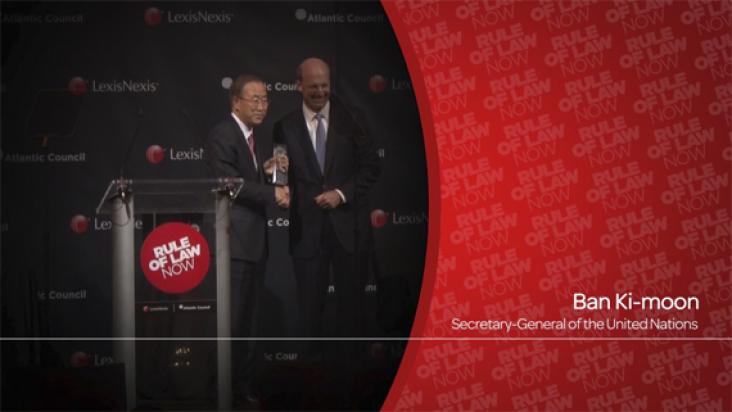This webinar explores how taxation is steadily rising on the corporate sustainability agenda and links to Goal 10 and Goal 17.
Linking to Goal 17, this report finds that fiduciary duty is not an obstacle to asset owner action on ESG factors. This report looks at fiduciary duty across eight markets (US, Canada, UK, Germany, Brazil, Australia, Japan and South Africa).
Partner content
United Nations Global CompactUnited Nations Global Compact, 2016
Linking to Goal 17, this report supports Asset Owners, including their Board of Trustees and Executives, in the development and formulation of their investment strategy.
Linking to Goal 17, this report examines how institutional investors across the world are beginning to interact with the Sustainable Development Goals (SDGs), and paint an early picture of investors’ current and future plans to engage with these Goals.
Linking to Goal 17, this report helps investors understand the sustainable development goals and how financial markets can support sustainable development.
This report examines the real estate sector’s impact in relation to the UN Global Compact’s four focus areas of human rights, labour standards, the environment and anti-corruption, relating to Goal 9 and Goal 17.

The Business Case for Carbon Neutral Cities session was hosted by UNEP and Sustainable Energy for All in collaboration with the Danish Ministry of Foreign Affairs, the Swedish Trade and Invest Council and Empower, the largest district cooling operator in the world. Held at La Galerie des Solutions (by World Efficiency Solutions), an exhibition of climate solutions, that took place during the COP21, in immediate proximity to the negotiations zone.
Partner content
United Nations UniversityUnited Nations University, November 2015.
Contributing to SDGs 16 (Peace, Justice and Strong Institutions) and 17 (Partnerships for the Goals), this policy report explores collaboration opportunities between penal policy, public health, development and human rights in preparation to discuss at the 2016 United Nations General Assembly on the World Drug Problem.

The Business for the Rule of Law Framework (B4RoL) was launched by the UN GC in June 2015, building on the work started by LexisNexis Legal & Professional and the Atlantic Council in 2013. The B4RoL Framework is a call to action and guide for businesses around the world in taking proactive, voluntary actions to support the rule of law in everyday operations and relationships. Engaging business in the rule of law is critical to SDG 16.3 to promote the rule of law at the national and international levels and SDG 17 Partnerships for the goals.
Partner content
United Nations UniversityUnited Nations University, April 2015.
Contributing to SDGs 3 (Good health and Well-being) and 17 (Partnerships for the Goals), this concept note explores what a public health approach to global drug policy means in practice.
